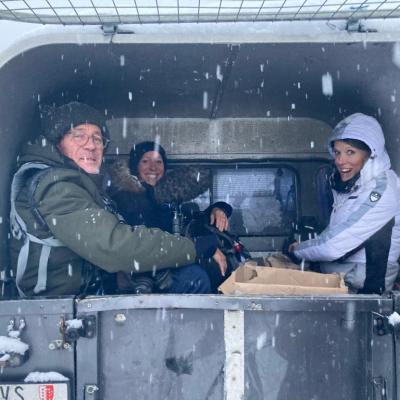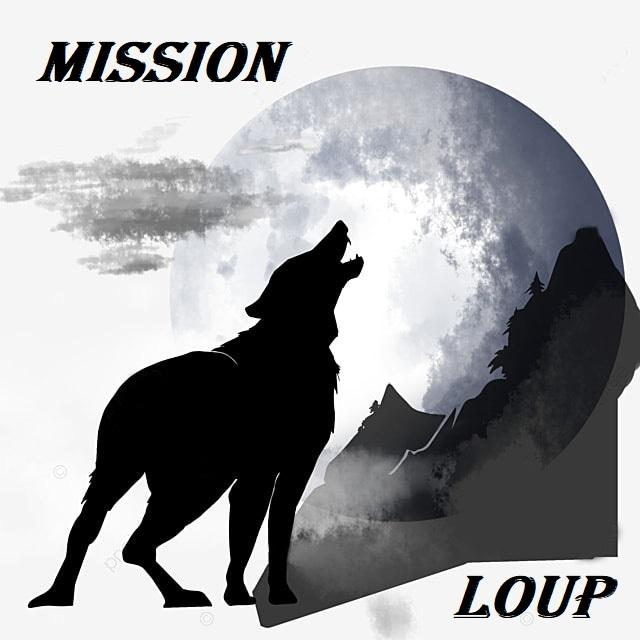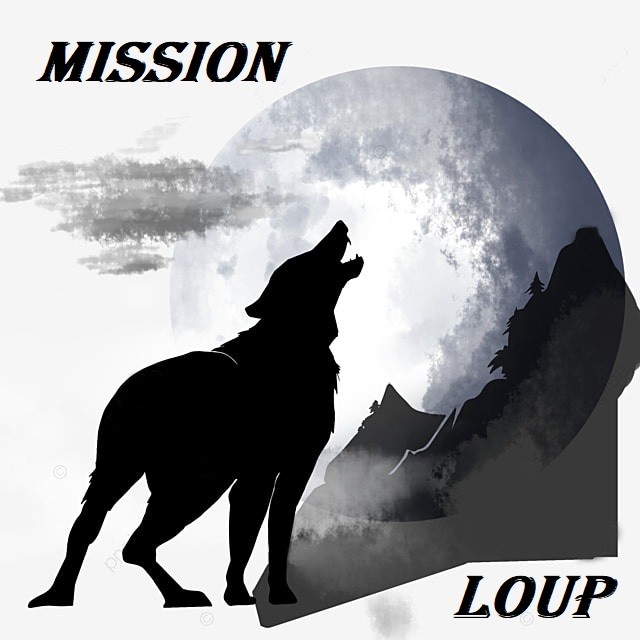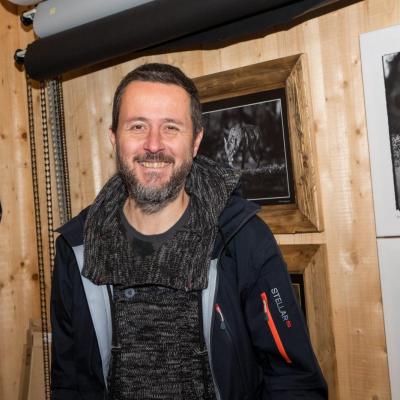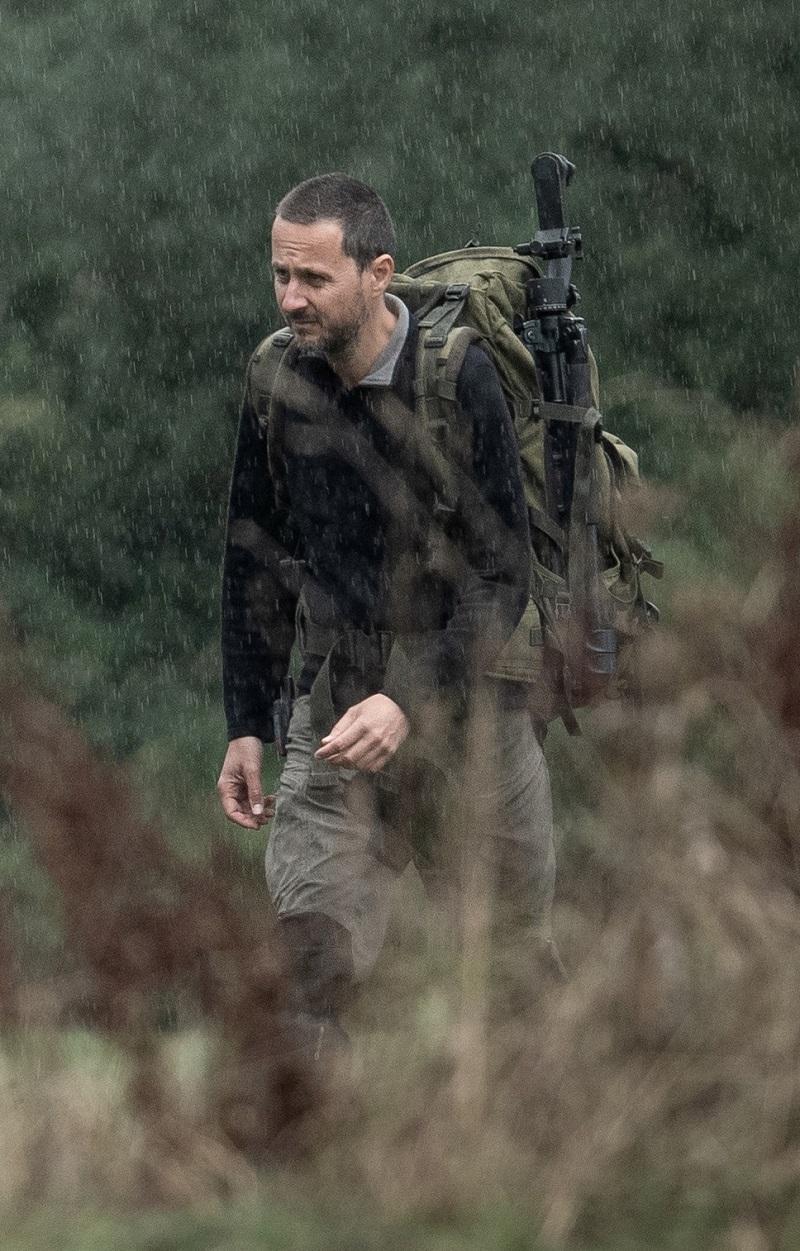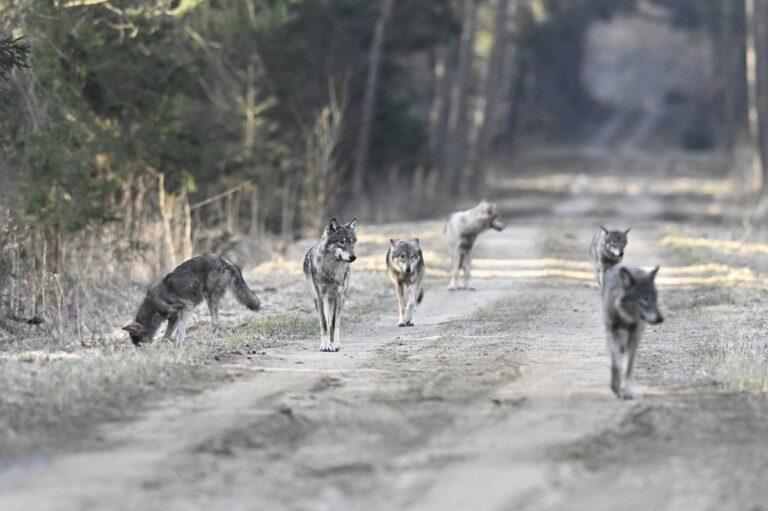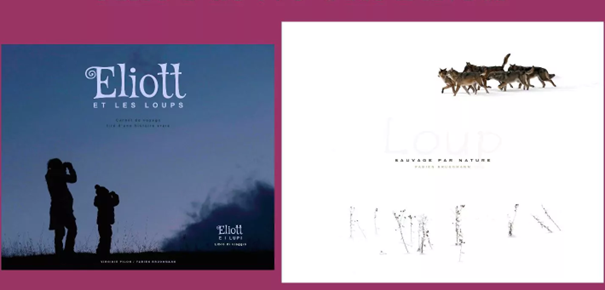Our Team
Our management team consists of Virginie, a biologist and ethologist with research experience on primates in Africa, and Isabelle, who's the director of Groupe Loup Suisse in French-speaking Switzerland (Romandie). Isabelle is also an avid wildlife photographer at heart, constantly roaming the Swiss mountains with her camera. She also holds a Swiss federal canine behaviour diploma.
Both Isabelle and Virginie possess a wealth of experience and a deep passion for wildlife, which motivated them to establish this project in 2022.
Each year, we are supported by a growing number of individuals and volunteers who actively participate in various field activities. This cohesive, motivated, passionate, hardworking, and committed team provides opportunities for everyone to express themselves in their areas of expertise, complementing each other’s strengths.
Our motivations and goals
"Wolf Mission" is an independently-managed project and study dedicated to collecting comprehensive data on wolves through intensive monitoring over one or several years. The primary focus is on gaining a deeper understanding of wolf pack dynamics as well as enhancing our understanding of Canis Lupus in general. This acquired knowledge will then serve as the foundation for making informed scientific and political decisions, of which both have been lacking in managing the wolf here in Switzerland.
Another essential objective for “Wolf Mission”, through the data we gather, is to provide for both Swiss and international populations an insight into wolf packs to fight the greatest blight of all: misinformation.
To this day, many individuals still harbor greatly unjustified misconceptions and fears about wolves based on historical or cultural legends, myths and old wives’ tales. Through this project, we aim to dispel this reputation by providing an accurate and realistic portrayal of wolves through:
* Sharing our study results publicly (when possible).
* Sharing our stories on the field (encounters, observations,...).
* Writing on a monthly basis in-depth articles about the wolf and contreversial subjects we'll discuss in complete transparency and honesty.
Ethical fieldwork practices
For our field work, we monitor wolves through long-distance stalking from fixed observation points while maintaining a respectable distance to preserve tranquility for the local wildlife. However, wolves are a highly elusive animal, primarily active at night, and therefore direct encounters are quite a rare occurrence.
It is crucial for us to emphasize that we will never use “invasive” monitoring techniques, such as howling (calling the wolves and listening for their responses), which could potentially endanger wolf packs by inadvertently revealing their locations to poachers or wolf hunters. The safety of wolves is one of our main priorities, and therefore we strongly advise against the use of such methods.
Protecting Wildlife Safety
To ensure the safety of our wildlife and prevent poachers from accessing information that could compromise wolf packs, we will only publish photos or videos from our camera traps which have been captured at night and with a certain delay + cropping to keep the location as unrecognisable as possible.
Additionally, the locations of our camera traps will be regularly changed according to wolf pack movements and prey migration.
For the safety of our study, we do not disclose any details about its content, objectives, or the identities of our colleagues and volunteers. It is important to work freely, without any external pressures, while simultaneously ensuring the safety of all our members.
To all those who intend to steal, conceal or damage our camera traps, be aware that they are all being monitored by another innovative device that sends photos directly to our mobile phones. We will NOT hesitate filing a police report with the photo evidence we collected.
We value everyone’s opinions and ethical considerations and strive to find a mutually beneficial solution with anyone who has concerns about our objectives. We genuinely hope that this can be a reciprocal process for all.
Stand with our wolves
Wolf Mission is a project of Groupe Loup Suisse, which provide its full support. However, donations play a key role in helping us purchase essential monitoring equipment such as camera traps (and their padlocks and chains to avoid theft), thermal vision cameras, monoculars, photographic equipment, SD cards, batteries and computer softwares.
Any contribution will make a meaningful difference in supporting our efforts to protect Switzerland’s wolves.
How our journey began...
We began this study at the beginning of 2022, by carrying out a long and hard fieldwork. We first had to know the area and the territory of Arsene's pack better. We started with footprints identification, the search of urine marking, excrements and some carcasses left here and there. During several months, with the use of maps, countless hours of inspection/observation and the installation of a few trapping cameras, we had the opportunity to find interesting information about the pack. This approach takes a lot of time and investment but it's crucial.
Coupled with the official cantonal and federal data, we've been able to follow the evolution of the pack's numbers, which fluctuate according to the periods but also to the comings and goings of the subadults and, since winter 2023/2024, proactive regulation.
Results and report
The results of our study, which will be transcribed into a full and official report, will be passed to Groupe Loup Suisse, to help them in their work to help people understand the wolf and the coexistence between predators and farmers. We will publish a public report on this site to give people the opportunity to have some of the results and a history of the Arsene's pack. It should be out by summer/autumn 2025.
Article : Team Wolf Mission
Photos : Mission Loup (Virginie & Isabelle)
